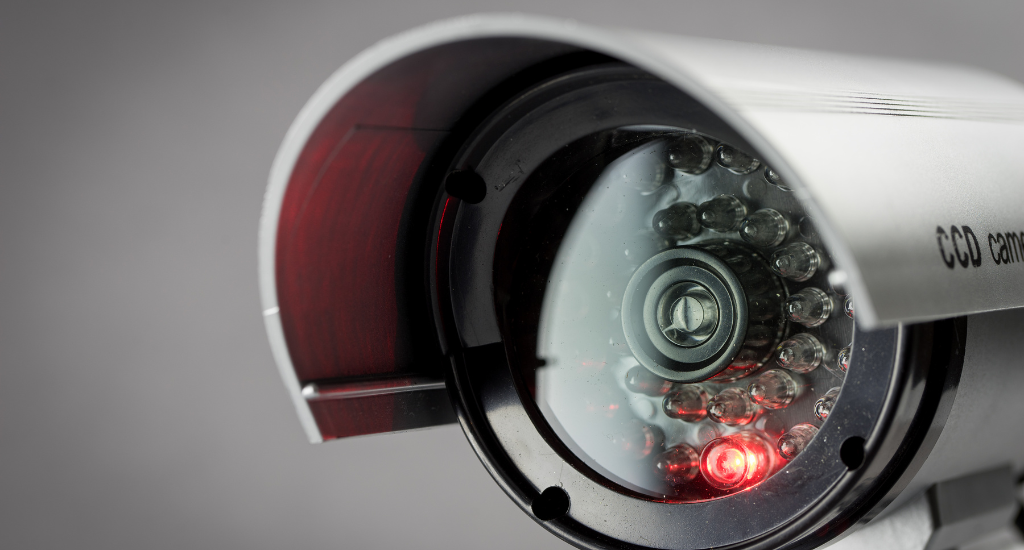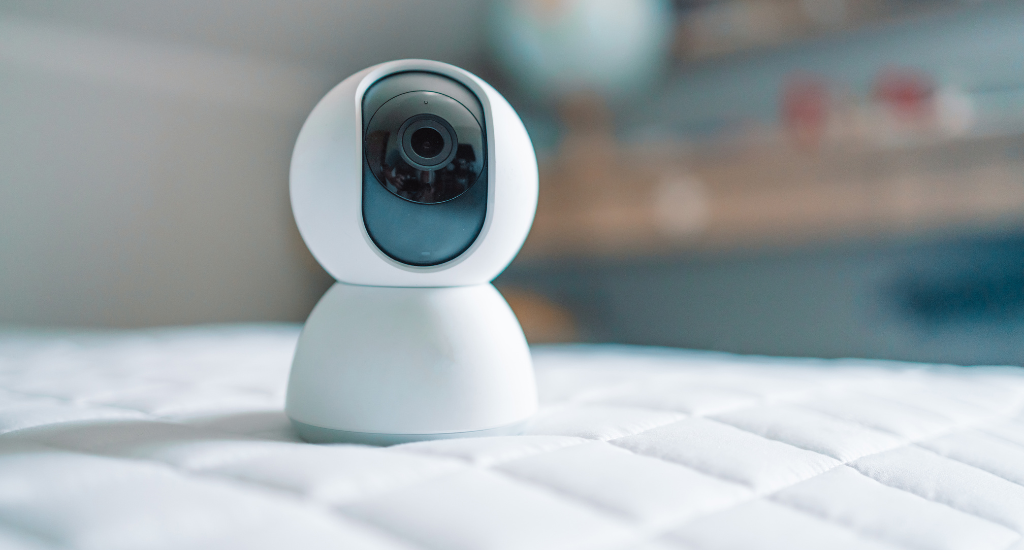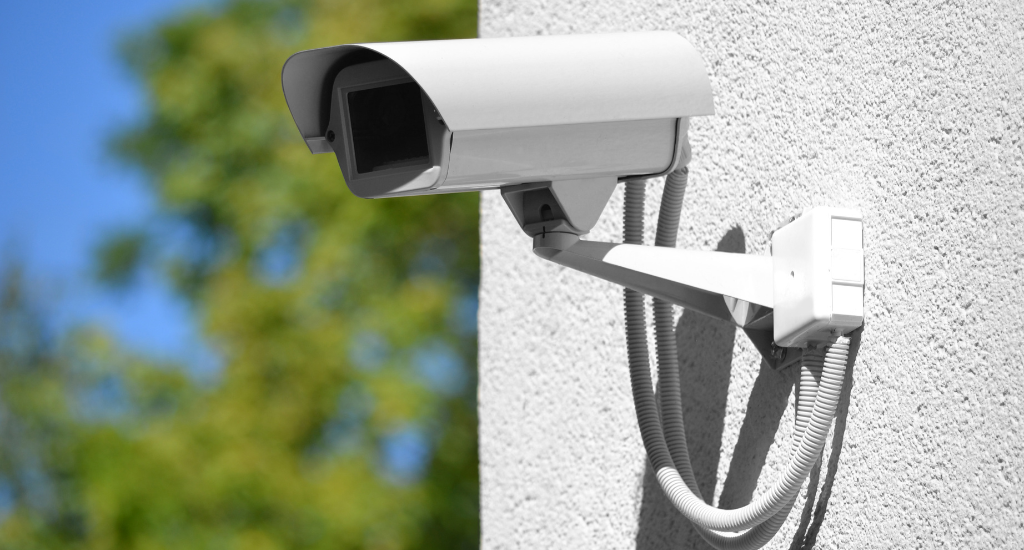Security cameras play a crucial role in safeguarding our homes, businesses, and public spaces. With advancements in technology, we are presented with a multitude of options, including wireless and wired security cameras. Choosing between the two can be a daunting task, as both offer unique features and benefits.
In this article, we will delve into the world of wireless and wired security cameras, exploring their functionalities, advantages, limitations, and cost considerations. By understanding the nuances of each option, you can make an informed decision and select the cameras that best suit your security needs.
Understanding Wireless Security Cameras
Wireless security cameras are a popular choice due to their convenience and flexibility. These cameras use Wi-Fi technology to transmit video footage and other data wirelessly.
Benefits of Wireless Cameras
| Easy installation and setup | One of the key benefits of wireless cameras is their easy installation and setup process. Unlike their wired counterparts, wireless cameras do not require complex wiring or professional assistance. You can simply mount the cameras in desired locations and connect them to your Wi-Fi network. |
| Flexibility in camera placement | Wireless cameras offer flexibility in camera placement. With no physical wires restricting their position, you can install them anywhere within the range of your Wi-Fi signal. This allows for better coverage and adaptability to changing security needs. |
| Remote access and monitoring | Wireless cameras provide remote access and monitoring capabilities. You can conveniently view the camera feed in real-time through a mobile app or web interface, providing peace of mind even when you’re away from your property. |
Limitations of Wireless Cameras
| Dependence on Wi-Fi signal | Wireless cameras’ performance is dependent on a stable Wi-Fi signal, making them susceptible to signal interference or loss. Obstacles such as walls, distance from the router, and other electronic devices can impact the signal strength. |
| Potential signal interference | Wireless cameras may experience signal interference from other devices operating on the same frequency band, such as cordless phones, microwaves, or neighboring Wi-Fi networks. This interference can affect the quality and reliability of the camera feed. |
| Battery life and power source | Wireless cameras require a reliable power source. While some models use batteries, they need to be regularly recharged or replaced, which can be inconvenient. It’s important to consider the battery life and power requirements of wireless cameras before opting for them. |
Cost Considerations
When it comes to cost, wireless cameras often have a higher price tag compared to their wired counterparts. The additional technology required for wireless transmission, such as Wi-Fi connectivity and batteries, contributes to the increased cost. However, the ease of installation and flexibility in camera placement may offset this initial investment for some users.
Examining Wired Security Cameras
Wired security cameras have been a trusted choice for many years. These cameras are physically connected to a recording device, typically through cables.
Advantages of Wired Cameras
| Stable and reliable connection | One of the major advantages of wired cameras is their stable and reliable connection. Since they are not dependent on Wi-Fi signals, wired cameras offer a consistent and uninterrupted feed, ensuring that no crucial moments are missed. |
| Higher resolution and image quality | Wired cameras generally provide higher resolution and image quality compared to wireless cameras. This makes them ideal for capturing fine details, such as facial features or license plate numbers. |
| Power supply reliability | Wired cameras have a reliable power supply, eliminating the need for battery replacements or recharging. They can draw power directly from the recording device or an external power source. |
Drawbacks of Wired Cameras
| Complex installation process | Wired cameras require a more complex installation process, involving running cables through walls or ceilings. This may require professional assistance and can be time-consuming. |
| Limited camera placement options | The placement of wired cameras is limited by the length of the cables. This can make it challenging to cover larger areas or adjust camera positions easily. Proper planning is required to ensure adequate coverage. |
| Lack of remote access without additional equipment | Without additional equipment, remote access to live feeds may not be possible with wired cameras. This can limit the convenience of monitoring the cameras when you are away from the property. |
Cost Considerations
In terms of cost, wired cameras generally have a lower initial price compared to wireless cameras. However, it’s important to consider the installation and labor costs associated with running cables, especially in scenarios where extensive wiring is required. Additionally, if remote access is desired, the cost of additional equipment, such as a network video recorder (NVR), should be factored in.
Making the Right Choice
When deciding between wireless and wired security cameras, it is important to weigh the pros and cons based on your specific needs and circumstances. Consider factors such as ease of installation, flexibility, image quality, and remote access requirements.
| Weighing the Pros and Cons |
| Evaluate the advantages and disadvantages of wireless and wired cameras in relation to your security needs. Consider the benefits of wireless cameras, such as easy installation and remote access, against the stability and higher resolution offered by wired cameras. |
| Considering Personal Preferences and Circumstances |
| Take into account your personal preferences and circumstances. Assess factors such as the layout of your property, the availability of power sources, and your technical comfort level. |
| Seeking Professional Advice |
| If you are unsure about which type of camera is best suited for your needs, consult with a security professional or a reputable security camera catering locksmith. They can provide valuable insights based on your specific situation and help you make an informed decision. |
| Evaluating Long-Term Costs and Maintenance Requirements |
| Consider the long-term costs associated with each option. Evaluate factors such as maintenance requirements, potential upgrades, and the need for additional equipment. Keep in mind that while wired cameras may have lower initial costs, wireless cameras may offer savings in terms of installation and flexibility. |
Analyzing Specific Scenarios
✔ Residential security: For homeowners, wireless cameras offer convenience and ease of installation. They can be placed in various locations without the need for complex wiring. Remote access capabilities allow homeowners to monitor their property from anywhere. However, if image quality and a reliable connection are top priorities, wired cameras may be a better fit.
✔ Small business security: Wireless cameras are often preferred by small businesses due to their flexibility and remote monitoring features. Easy installation and adaptability to changing needs make wireless cameras an attractive choice. However, for businesses with larger premises or a higher need for image clarity, wired cameras may offer better performance and reliability.
✔ Large-scale surveillance: In scenarios where extensive coverage is required, wired cameras are generally recommended. The stability of the connection, higher resolution, and the ability to cover long distances make wired cameras suitable for large-scale surveillance projects.
Choose The Cameras That Fit Your Needs
In the ever-evolving world of security cameras, the choice between wireless and wired options can seem overwhelming. Both options have their advantages and limitations, catering to different security needs and preferences.
By understanding the functionalities, benefits, and drawbacks of each, you can make an informed decision. Remember to assess your specific security requirements, consider cost factors, and seek professional advice if needed.
Whether you opt for wireless convenience or the reliability of wired connections, selecting the right security cameras will ensure the safety and protection of your property.



